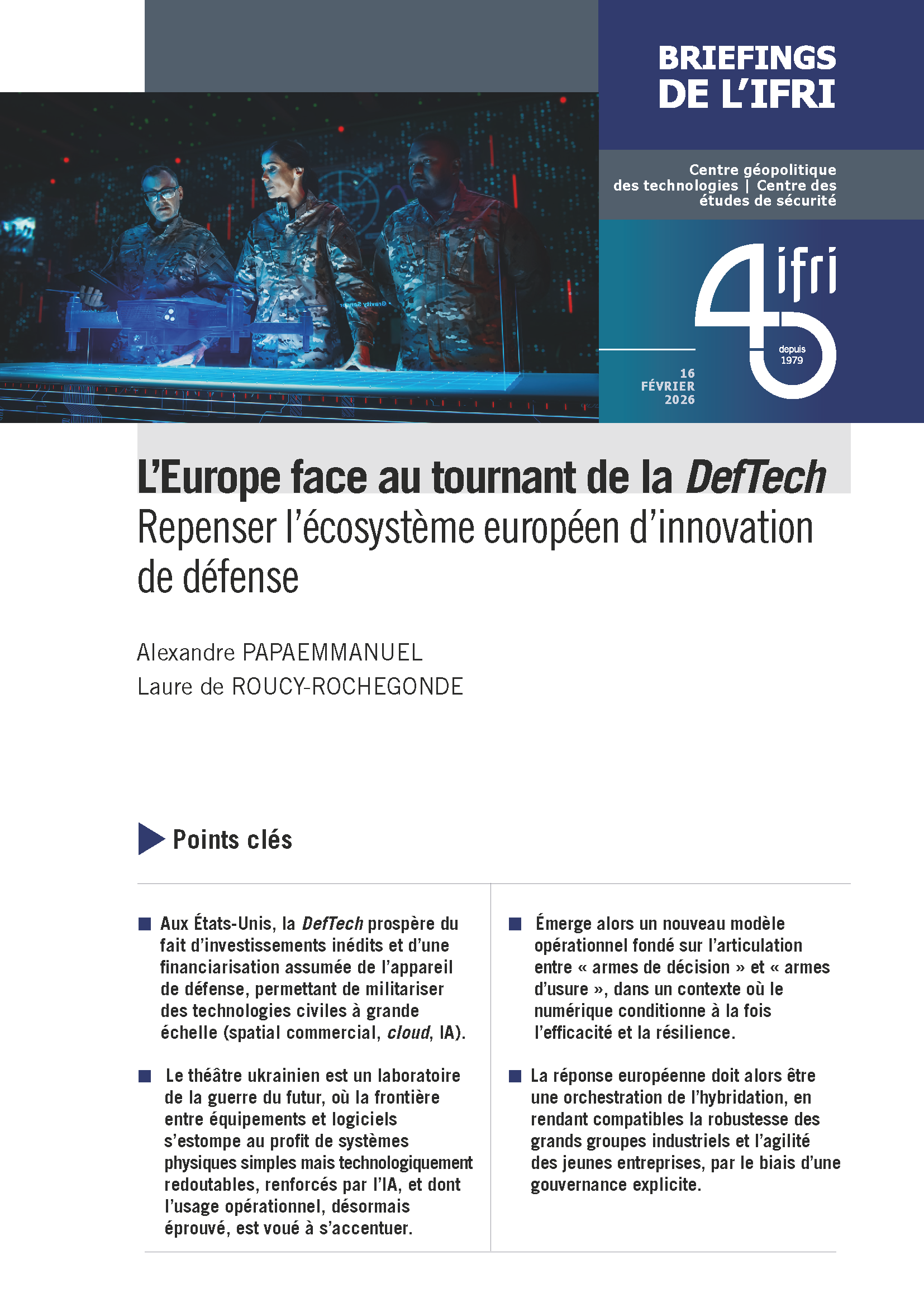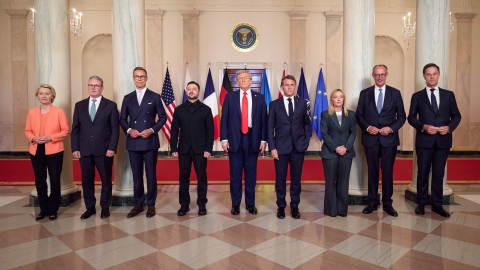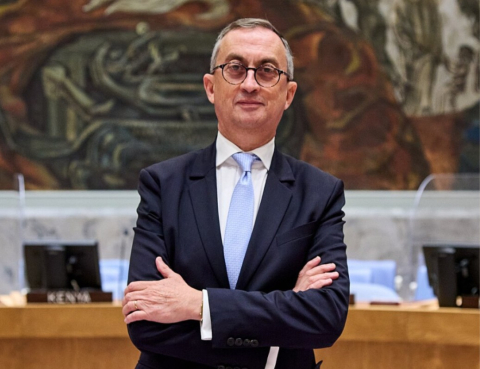
Informations pratiques
Thématiques et régions
Centres et programmes liés
Ceci est un événement réservé.
En savoir plus sur nos programmes de soutienSeminar of the Center for Energy with Jean-Pierre Favennec, Professor, IFP Énergies nouvelles, Consultant, WD Cooperation and Fair Links, David Ramin Jalilvand, Research Fellow, Center for Caspian Region Studies, Freïe Universität Berlin, Majid Rafizadeh, President ot the International American Council, on the Middle East, Harvard University, Jamie Webster, Senior Director, IHS, Maïté de Boncourt, Research Fellow, Center for Energy, Ifri
Chaired by Marie-Claire Aoun, Director, Centre for Energy, Ifri
Iran holds the world's second largest proven gas reserves and fourth largest proven oil reserves. The country’s presence on global energy markets started diminishing following the 1979 revolution, and reduced further after US and EU sanctions were put on its energy and related (financial and insurance) sectors, due to Iran’s nuclear activities and the inherent risk of proliferation. Sanctions have been damaging, but they are not the only cause of the country's bumpy oil and gas production and export development path. Major domestic reforms are needed for the country to recover its role on global markets, but also to sustain its economy. As talks on Iran’s nuclear program are resumed, and should they lead to an international agreement, the path to regional and global energy markets may take longer than it first appears.
This conference will touch on different aspects of Iran's situation, looking at the current conditions and the prospects for further development of the oil and gas sectors, as well as the inherent domestic politics and geopolitical challenges which will first need to be overcome
Sujets liés
Autres événements
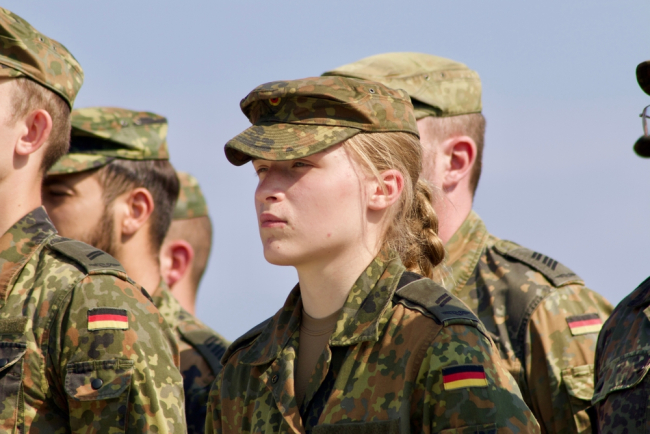
Quelle politique de défense en Allemagne ?
Face à la guerre en Ukraine et à l’instabilité géopolitique en Europe dans un cadre transatlantique perturbé, l’Allemagne a amorcé un tournant majeur dans sa politique de défense, avec une hausse significative des dépenses militaires, la modernisation de la Bundeswehr et le débat sur un éventuel retour du service militaire obligatoire.
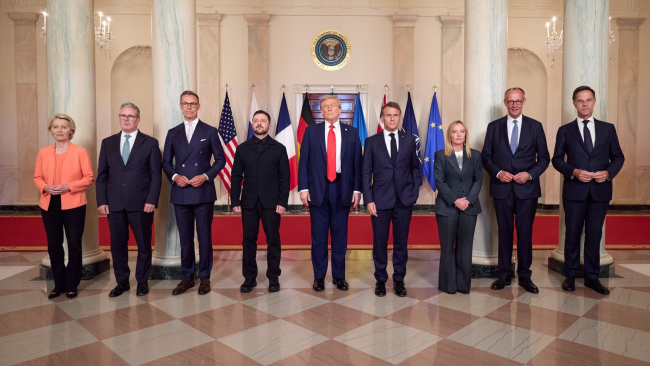
Quatre ans de guerre en Ukraine : verra-t-on la fin du conflit en 2026 ?
Un déjeuner débat autour de Tatiana Kastouéva-Jean, Directrice du Centre Russie/NEI, et Élie Tenenbaum, directeur du

Quel partenariat technologique avec l’Inde ?
Le 16ème Sommet UE-Inde, qui s’est tenu le 27 janvier à New Delhi en présence des dirigeants européens António Costa, Ursula von der Leyen, et du Premier ministre Narendra Modi, marque un tournant dans le renforcement des liens entre l'Union européenne et l'Inde. Parallèlement, les visites bilatérales se multiplient, à l’image de celle du Président français qui s’est rendu en Inde mi-février pour participer au Sommet sur l’Intelligence Artificielle.



